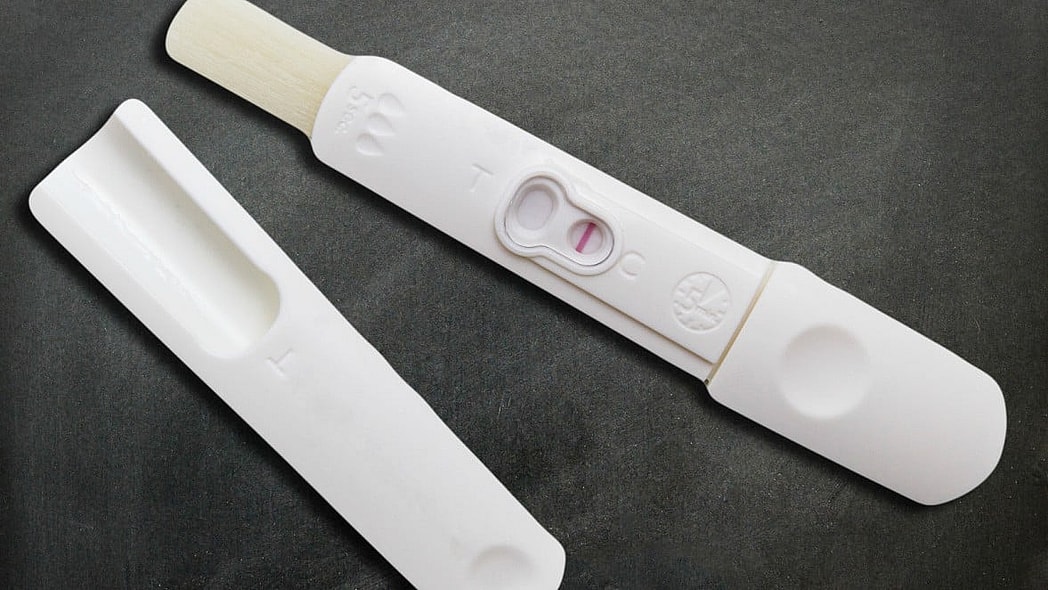Last week, the Mississippi legislature celebrated International Women’s Day — not by expanding health care access or guaranteeing fair pay and maternity leave, but by voting to ban safe and legal abortion for women after 15 weeks of pregnancy.
Now, House Bill 1510 is headed to Governor Phil Bryant’s desk. In a state with only one health center that provides abortion, and where Black women already face structural barriers to health care, this bill could make it virtually impossible for any woman there to receive a safe and legal abortion.
Inside Mississippi
Mississippi has the highest women’s poverty rate in the nation and due to systemic racism and discriminatory policy, more than one in three Black people in the state live below the poverty line. Many Black women in Mississippi don’t have access to private health insurance that covers comprehensive reproductive health care and the state does not provide Medicaid funding for abortions.
It can take months for women to be able to gather the financial resources she may need for the procedure. A 15-week abortion ban is a devastating prospect for women struggling to make ends meet. It would rob a woman of her right to plan her family and to make decisions that are best for her life.
Mississippi already mandates a second (medically unnecessary) visit before women can access an abortion. That means once a woman decides she wants an abortion, she must schedule time off from work, potentially secure child care and pay for travel two different times. Now, she will have to do all of this before she is 15 weeks pregnant.
These types of restrictions create burdens that can take more than a few months to overcome and can lead to an increase in second-trimester abortions, which Mississippi has now moved to ban. Women seeking a safe and legal abortion after 15 weeks will be forced to travel out of state, which many cannot afford.
The financial implications
For women without the financial resources or work flexibility, House Bill 1510 is really a de facto ban on abortion altogether. And that’s the bill sponsors’ strategy. One law at a time, ideologues in the Mississippi legislature and those of state politicians across the country are pushing for a broader agenda to ultimately end a woman’s ability to choose what’s best for HER life and HER family. In fact, politicians at the state level have quietly passed more than 400 restrictions on abortion since 2011.
Everyone has the right to decide whether, how, and when to become a parent. The courts have already confirmed this many times over that similar abortion bans are unconstitutional. Jackson Women’s Health Organization, the state’s sole abortion provider, isn’t standing by silently while lawmakers make decisions for women about their pregnancies and their families; in fact, the organization has already announced plans to challenge this bill in court.
Instead of blocking women from accessing their right to an abortion, we should be honoring their right to bodily autonomy. That includes investing in comprehensive sex education and expanding access to reproductive health care services to provide women with the tools they need to have healthy pregnancies and prevent unintended ones.
The decision about whether to parent, to end a pregnancy, or to choose adoption is a deeply personal one—best left to the individual, not to politicians.
Jacqueline Ayers is the National Director, Legislative Affairs for Planned Parenthood Federation of America


